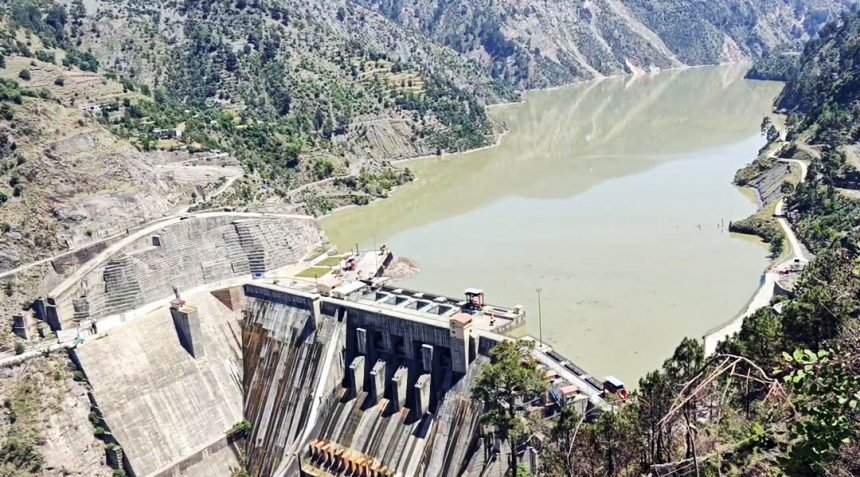Government Issues Official Notification Suspending Indus Waters Treaty
New Delhi – The Indian government has formally issued a notification placing the Indus Waters Treaty of 1960 in abeyance, sources confirmed on Friday.
On Thursday, Jal Shakti Ministry Secretary Debashree Mukherjee wrote to her Pakistani counterpart, Syed Ali Murtaza, informing him that the Indian government has decided to suspend the treaty “with immediate effect.”
The letter highlighted significant changes in circumstances since the treaty’s signing, necessitating a reassessment of the obligations outlined in its Articles and Annexures.
This decision follows a high-level meeting at the Ministry of Home Affairs, which was convened in response to the recent terror attack in Pahalgam, Jammu and Kashmir.
In the wake of the attack, the Indian government has announced several diplomatic measures, including the closure of the Integrated Check Post (ICP) at Attari, suspension of the SAARC Visa Exemption Scheme (SVES) for Pakistani nationals, a 40-hour deadline for their return to Pakistan, and a reduction in the number of diplomatic officers in both High Commissions.
Additionally, India has taken the step to suspend the Indus Waters Treaty, originally signed in 1960, following the deadly terror attack on tourists in Pahalgam.
On April 22, terrorists targeted tourists at Baisaran meadow in Pahalgam, killing 25 Indian nationals and one Nepali citizen, and injuring several others.
The Indus Waters Treaty, which has been regarded as one of the most successful international agreements, was signed after nine years of negotiations between India and Pakistan, facilitated by the World Bank. The treaty has managed to withstand numerous tensions and conflicts over the years, providing a framework for irrigation and hydropower projects.
Under the treaty, the Western Rivers (Indus, Jhelum, and Chenab) are allocated to Pakistan, while the Eastern Rivers (Ravi, Beas, and Sutlej) are allocated to India. The agreement also allows each country limited use of the rivers allocated to the other. India receives 20% of the water from the Indus River System, while Pakistan is allocated the remaining 80%.









